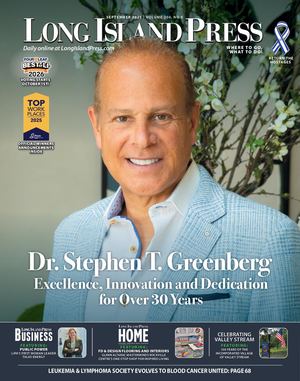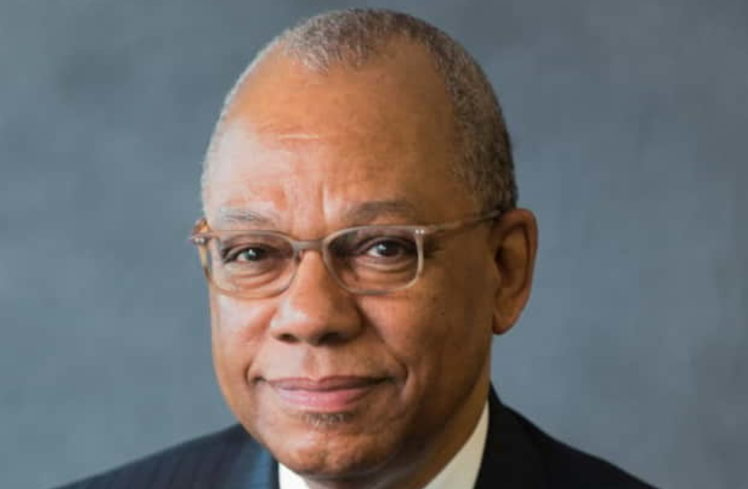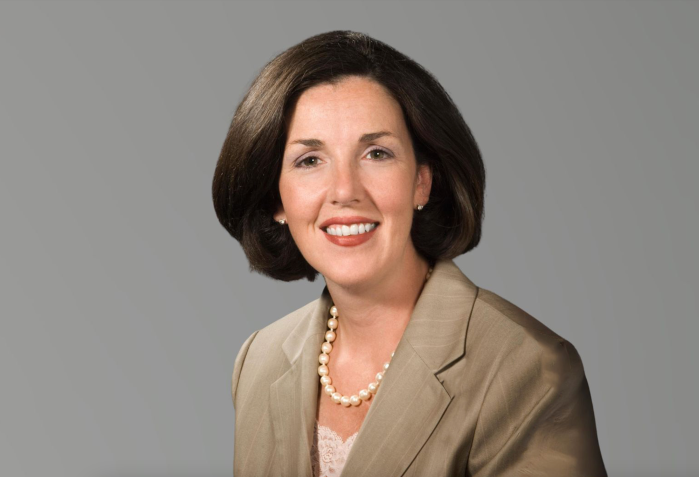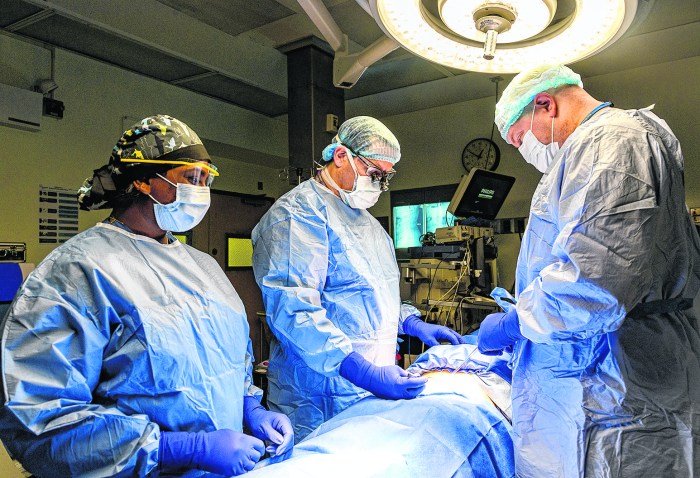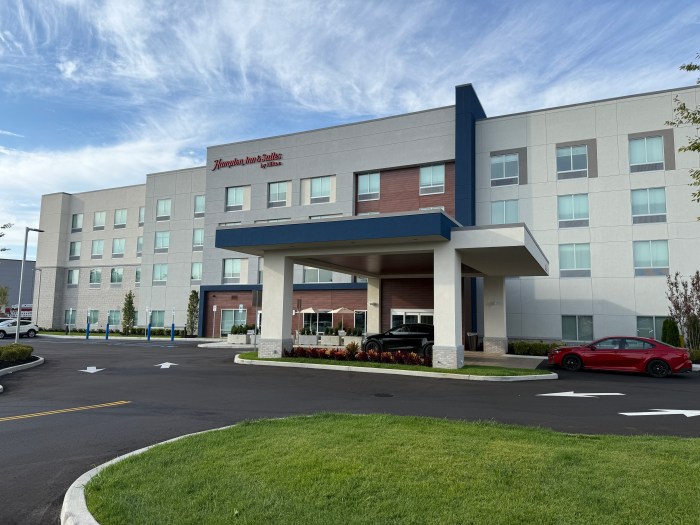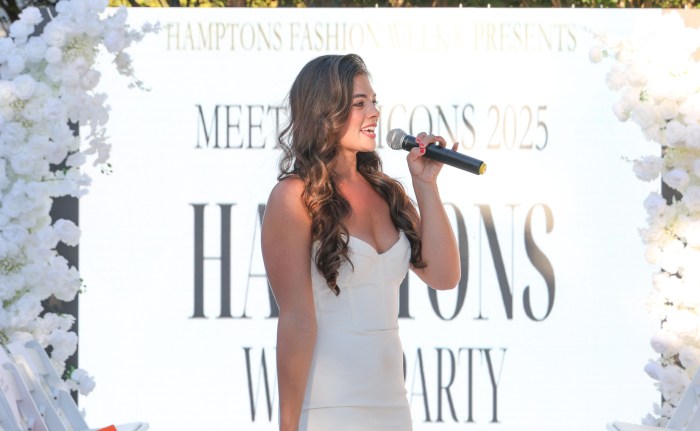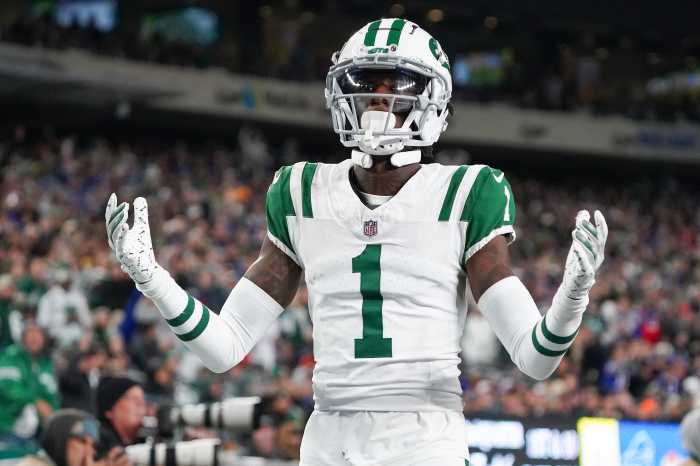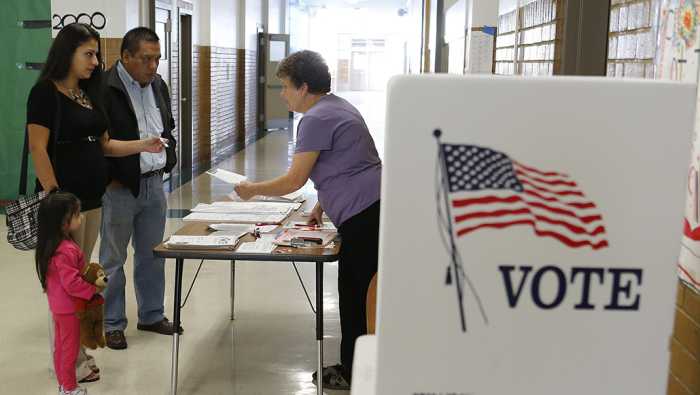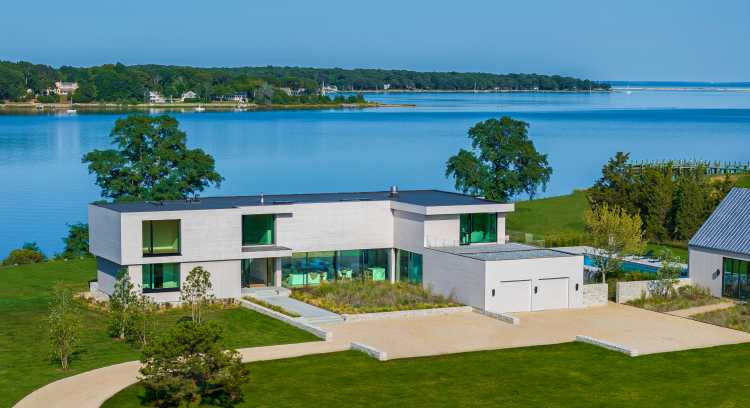The Rev. Calvin O. Butts is the longest-serving president in the history of SUNY Old Westbury. After 20 years, he will retire in late January 2020. Since Butts has been president, enrollment has soared 56 percent to about 5,077. The faculty has grown to more than 170, from 113. He has also overseen the college’s investment of approximately $150 million in capital projects, including the introduction of cutting-edge technologies on campus and the completion of five new residence halls, a Student Union, and a 147,000 square-foot academic building. He is also the pastor at the nationally renowned Abyssinian Baptist Church in Manhattan. Butts is known for his lifelong advocacy for social justice and civil rights. Old Westbury is one of the most diverse colleges in the SUNY system.
Why have you chosen to retire? It’s time. You’ve got to make way for younger people, people with more energy. The average shelf life for a college president is six years. I’ve had 20 years.
You hired quite a number of new faculty members during your tenure, correct? Yes. I could not have achieved what I did had it not been for that faculty. One young man helped build the new Academic Center. There has not only been an increase in the number of faculty members, but in their diversity too.
Old Westbury is considered one of the most diverse of the SUNY colleges. That must make you proud. Yes, but it’s all much more than diversity that counts. I hate talking about race. I don’t believe in race. It’s a false construct. A person ought to be judged on character, not race.
When you arrived 20 years ago, what had to be done? We needed to work on the infrastructure. I had a maintenance guy who said he didn’t know how to shut off the lights. I saw that we also had to build trust between the faculty and the administration. We had to settle the student body down. We had, from time to time, students fighting each other.
What do you feel are significant accomplishments? Well, the college is as strong as it’s ever been. Bob McMillan (a former board chairman) helped me a great deal. The faculty had to be respected. We addressed that. They have a voice now on what happens on campus. We also created a sense of civility and respect between the faculty, the staff and the students. Things were pretty tense when I came.
How did you bring about this civility? My predecessor at Abyssinian Baptist Church, Samuel DeWitt Proctor, had also been president at two colleges. He said to me, “Butts, it’s all about the tone you set. You have to set the right tone.” It’s about your personality and your faith in God. It’s learning to listen to people and not thinking everybody is your enemy.
What has disappointed you most in your time here? We raised millions of dollars from government. Gov. George Pataki gave us a lot of help. But it wasn’t the same with the private-fund raising. Hofstra, Adelphi, they were always way ahead of us. This is an area that needs strengthening. We provide support to a lot of poor students. We need more space, new faculty. I will work on all that until I leave.
Has your faith played a role in how you governed this college? Yes. Corinthians 13 says “Love is patient, love is kind. It does not envy, it does not boast.” I’ve been angry at people, but I knew I had to calm down. I love this institution. It’s transformed me in many ways. Its mission is close to my heart. I feel this is something I was called to do.
How did you manage to run the college and the church? By the grace of God. I went back and forth from the city to here. On a Sunday, after preaching two sermons, I would drive to New Haven. Then I got back in my car and drove to Stratford. I finished there and drove to Brooklyn and preached there. I did that quite a bit. Then Monday morning, I was at my desk here.
What are your plans for the future? I’m still engaged with the church. I plan to teach here as a professor of American Studies this coming fall. And, the church leaders changed the church’s constitution. It now allows me to remain there until I’m 75.
